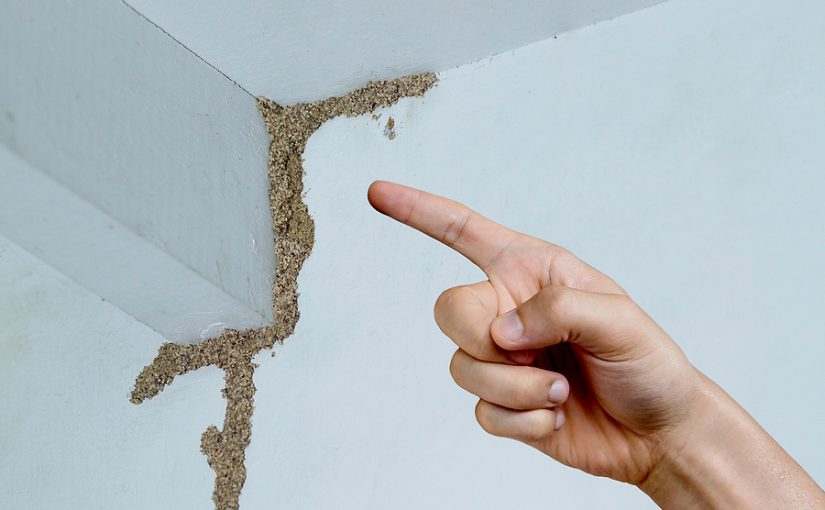Introduction
Household pests, often dismissed as mere nuisances, actually play significant roles in our urban ecosystems. Understanding their ecological impact helps us appreciate the balance between controlling these pests and preserving our environmental harmony. This article delves into the various roles that common household pests occupy in our cities and homes, shedding light on both the problems they cause and the often-overlooked benefits they provide. Our discussion will also explore effective management strategies that respect the intricate web of urban biodiversity.
The Dual Role of Pests in Urban Environments
Pests like ants, cockroaches, and rodents are typically viewed through the lens of inconvenience and potential health risks. However, these organisms contribute to urban ecosystems in several unnoticed ways. For instance, they are vital in the decomposition process, breaking down organic waste and returning nutrients to the soil, which supports urban greenery. Moreover, they serve as a food source for a variety of urban wildlife, maintaining the food chain that many city dwellers rarely notice but inherently rely on.
Challenges Presented by Urban Pests
Despite their ecological roles, the presence of pests in human habitats presents multiple challenges. Health concerns are at the forefront, with pests such as rodents and cockroaches known to carry diseases. Additionally, they can cause substantial property damage—termites alone cost homeowners billions annually in repairs. The challenge for pest control strategies is to mitigate these risks while causing minimal disruption to the ecological functions these creatures serve.
Strategies for Sustainable Pest Management
Effective pest management in urban areas requires a balanced approach that considers both the elimination of immediate threats and the long-term health of the ecosystem. Techniques such as Integrated Pest Management (IPM) emphasize the use of biological control agents, habitat manipulation, and responsible pesticide use. These methods aim to reduce the pest population to manageable levels without upsetting the urban ecological balance.
Pest Control Innovations and Community Involvement
Recent advancements in technology have introduced more precise methods to manage pests, including pheromone traps and genetically engineered organisms that target specific pests without broader ecological impacts. Community involvement is also crucial, as public education on the importance of not overusing pesticides can lead to more environmentally friendly approaches being adopted across neighborhoods.
Conclusion
The intersection of urban development and natural ecosystems creates a unique challenge in managing household pests. By understanding the ecological roles of these pests, communities can implement more effective and sustainable management strategies that protect both public health and the environment. Acknowledging the complexity of this challenge is the first step towards fostering a coexistence that respects our urban ecosystems while maintaining our quality of life. For those looking to learn more about environmentally friendly practices, exploring topics like sustainable gardening can provide further insights into reducing our ecological footprint.
When considering solutions for your home in South Australia, it’s essential to choose options that align with both your safety and environmental conservation. Effective pest control in Adelaide ensures that both these priorities are met, fostering a healthier home and community.
